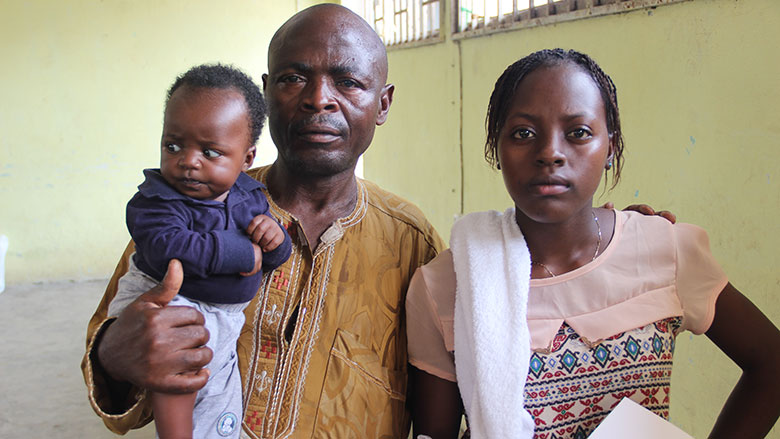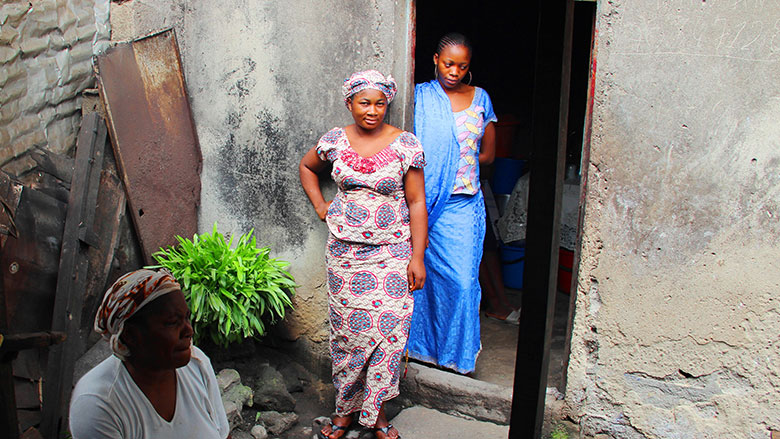DOUALA, March 3, 2016 – At age 51, Jean-Claude Wandji is a widower struggling to take care of his children and grandchildren who are still under his roof. Unable to secure steady employment, he ekes out a living as a street vendor in order to feed his children. His situation is extremely precarious. When he does not manage to sell anything, there a good chance that his family will not eat.
Vulnerable households such as Wandji’s are becoming increasingly common in Cameroon. Despite the country’s vast wealth of natural resources, growth has not yet been able to make a dent in the national poverty rate, which has held steady at 39% since 2001. In the northern regions, the poverty rate can top the 50%.
It is against this backdrop that the Government of Cameroon and the World Bank Group established the Social Safety Net Project, with the aim of creating a national social safety net system that includes a cash transfer program and coordinates income-generating activities (IGAs) for the poorest.
The cash transfer program targets 65,000 extremely poor households in following five regions of Cameroon: Adamaoua, East, North, Northwest, and Far North. It also targets 5,000 urban households in the cities of Douala and Yaoundé, targeting underprivileged neighborhoods such as New Bell where Wandji’s family calls home.



